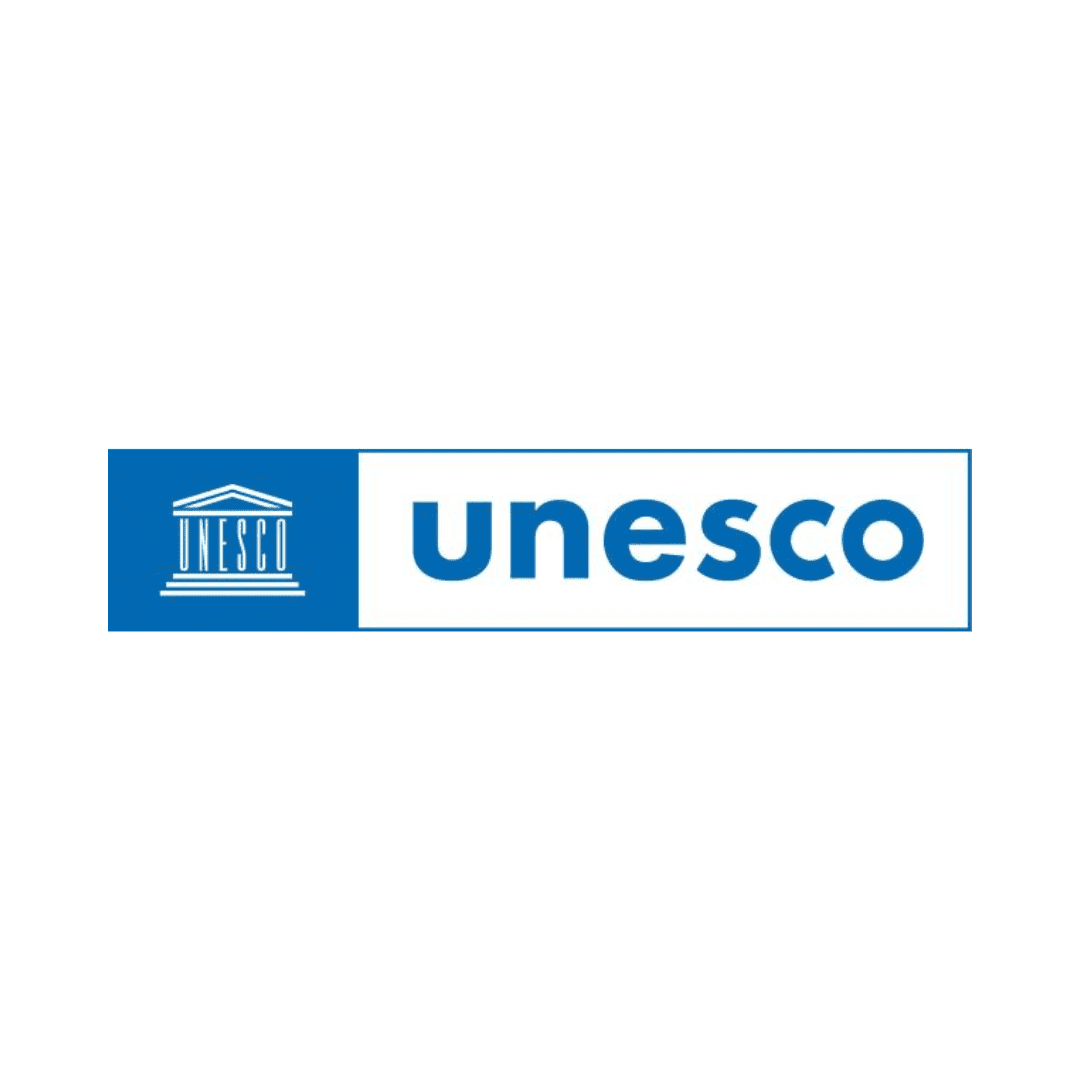
At UNESCO’s headquarters in Paris, from 2 to 5 September 2025, the digital learning week 2025 welcomed a 400+ multi-stakeholder audience, including global leaders, education experts, teachers, learners, policymakers, private sector and civil society representatives.
Under the theme AI and the Future of Education: Disruptions, Dilemmas and Directions, the event focus on the need for a human-centered, equitable, safe, and ethical integration of AI into learning systems worldwide and critical perspectives of the profound impact AI is and will have in the years to come. The annual gathering offered a combination of interactive keynote speeches, lively discussions, workshops, parallel sessions delving into specific topics,
“The future of education will be shaped by the policy choices that we make about education investment, about pedagogy, about governance and about the ethical principles we uphold. For this, strong, decisive leadership is critical.”
Stefania Giannini, Assistant Director-General for Education at UNESCO

On the first day, a high-level ministerial session took place to foster dialogue regarding curriculum reform, teacher training and learners’ safety. The integration of AI in education must be human-centred, equitable, safe, and ethical was the shared vision conclusion. In parallel, training sessions offered opportunities to explore the use of AI in learning environments. During the afternoon, keynote speeches inspired the participants to reflect on the current state of AI, its challenges and reimagining education beyond prediction and control. The following days, attendees participated in over 40 sessions featuring 300+ international speakers to explore how AI is reshaping curriculum, pedagogy, assessment, learning spaces and the role of learners and educators.
For instance, colleagues from the European Commission European Digital Education Hub’s Squad on artificial intelligence in education presented the report “Explainable AI in education: Fostering human oversight and shared responsibility”. The paper analyses the implications of explainable artificial intelligence (XAI) in education, positioning it as a foundational requirement for fostering human agency, trust, and transparency in AI-driven learning environments. It explores the impact on building AI competencies for all educational stakeholders and on the ethical development of AI tools, offering practical recommendations for aligning AI systems with educational values, legal requirements, and pedagogical goals.

On the other hand, one of the most relevant topics throughout the conference is the concerns regarding teacher agency. As of 2022, only seven countries (China, Finland, Georgia, Qatar, Spain, Thailand and Türkiye) had developed AI frameworks or training programs for teachers, underscoring a significant global gap. There is a recognized need to prioritize comprehensive training for teachers that goes beyond technical skills to include foundational AI literacy, ethics, and a human-centered mindset.
The International Task Force on Teachers for Education 2030 presented the position paper “Promoting and Protecting Teacher Agency in the Age of Artificial Intelligence”. This insightful document highlights the irreplaceable role of teachers and the critical need to safeguard their role and autonomy in the evolving AI landscape. It advocates for a human-centred approach where AI acts as a complementary tool, enhancing teachers’ pedagogical expertise and ethical judgment through sustained professional development rather than replacing them. The paper provides practical recommendations for policymakers to ensure the ethical and equitable integration of AI, insisting that its design and implementation must amplify human capacities, uphold inclusivity, and guide a diligent transition in education.

In addition, interesting initiatives and tools were presented during the event, particularly for TVET:
- The Global Skills Tracker, developed by UNESCO-UNEVOC and supported by Lightcast (among other key partners), is an online platform designed to monitor and analyse emerging skills trends worldwide. By exploring real-time labour market data, such as online job postings, it offers interactive dashboards that highlight changing demands across countries, industries, and occupations. The initiative aims to support policymakers, educators, and training providers in making evidence-based decisions, ensuring that Technical and Vocational Education and Training (TVET) systems remain aligned with future economic and employment needs.
- Microsoft Elevate is a global initiative to equip educators, learners, and jobseekers with AI-skills, tools, and resources, allowing them to navigate an AI-powered economy. It offers free learning paths and certifications, and partners with organizations to expand access and use of AI for public impact.
EfVET is increasingly interested in the unfolding of AI in education, and particularly the adoption within the TVET ecosystem. By leveraging our members’ experience, key insights from our partners and resources from leading organisations such as UNESCO, a position paper on the role of AI in TVET will be released by the end of the year. If you are interested in contributing, please get in touch with us at contact@efvet.org.
